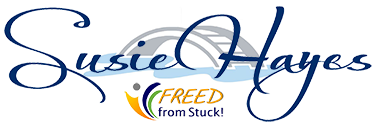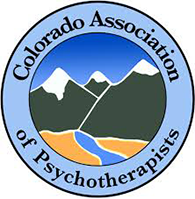Today I want to make you smile and encourage you to TAKE A BREAK.
The Leeds School of Business at the University of Colorado published a study in 2013 in The Journal of Business Venturing that found that the ability to step away from the office – called “avoidance coping” – was an essential strategy used by experienced, successful entrepreneurs.
This skill of avoidance coping allows you to disengage from the problem for the purpose of reducing the stress. Stress was found to be one of the primary factors causing entrepreneurs to fail. Sustained, mismanaged stress causes new entrepreneurs to give up on the venture in order to avoid the stress.
When taking a break – there are some essential ingredients to maximize your breaktime that you might not have thought about before:
- Determine how long you are going to take the break, and commit to the full time period. Don’t allow anxiety or guilt to pull you back to your workspace before your break is completed. It is empowering to know that you are in charge of how you use your time.
- Remove yourself physically from your workspace. Staying in your office or at your desk while checking your emails is not taking a break. Catching up on business phone calls is not taking a break.
- Do not discuss problems or stressors while on break; rather focus on something positive you have planned for the evening or weekend. Keep your priorities clear.
- Physically release the stress. Take a few deep breaths. Go for a walk. Stretch. Laugh.
- Identify at least one thing for which you are grateful – right now. Gratitude is one of the most powerful state changers. It re-sets your mental and emotional state, and it brings into focus what is most important to you. It calms your mind and gives you energy to return to the task(s) at hand.
These simple steps allow you to disengage from the stress, re-charge your batteries, and allow your mind to problem solve at an unconscious level, allowing you to access internal resources that would otherwise be over-ridden by stressful pushing.
The balance of active coping (persistence) and avoidance coping (taking a break) maximizes productivity and a sense of healthy well-being.


